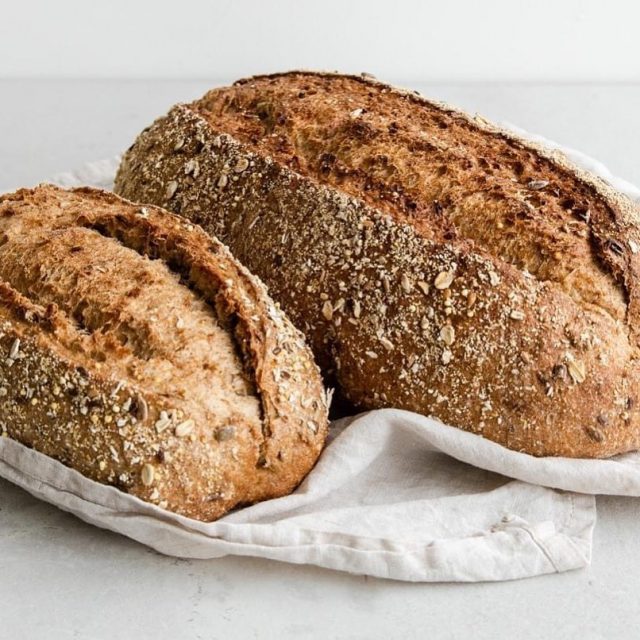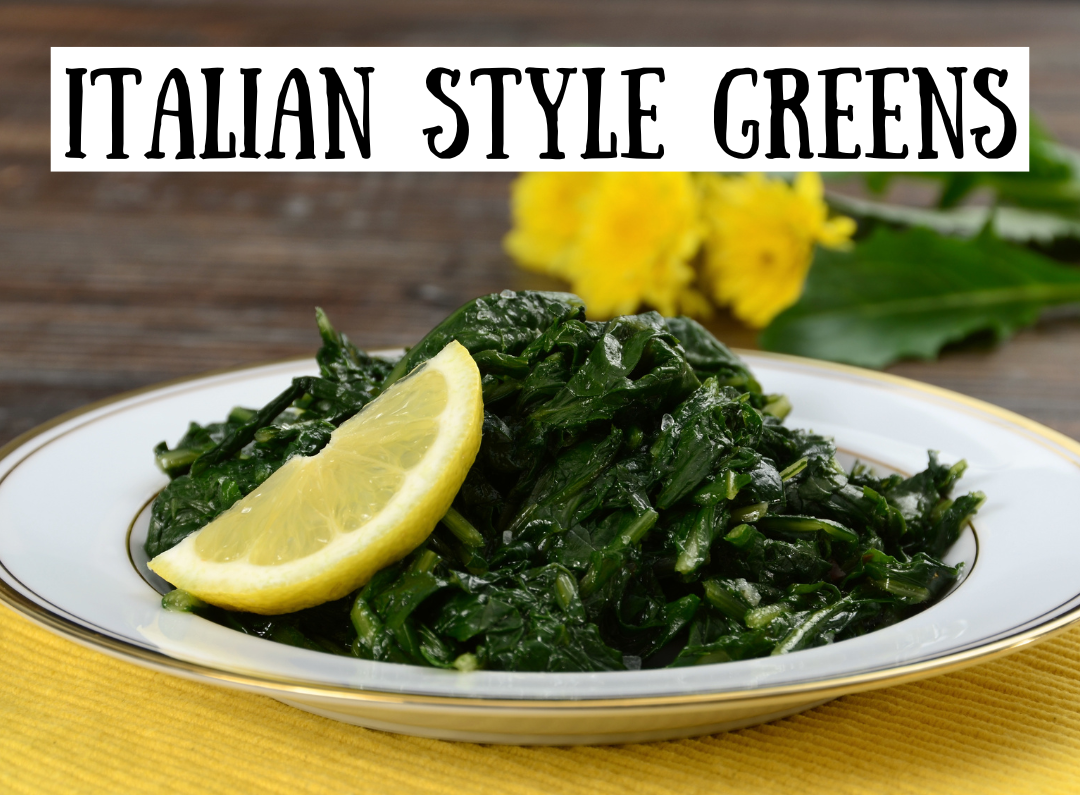1. Wholewheat Bread
Wholewheat bread is made from flour that contains the entire wheat kernel, including the bran, germ, and endosperm. This results in a bread that is higher in fibre, vitamins, and minerals compared to white bread. Wholewheat bread has a slightly denser texture and a nuttier flavour, making it a popular choice for sandwiches and toast.
2. Wholegrain Bread
Similar to wholewheat bread, wholegrain bread is made from flour that contains the entire grain kernel. However, wholegrain bread may include a variety of grains, such as oats, barley, and millet, in addition to wheat. This results in a bread with a diverse texture and flavour profile, as well as added nutritional benefits from the different grains.
3. Multi-seeded Bread
Multi-seeded bread is packed with a variety of seeds, such as sesame, sunflower, pumpkin, and flax seeds, which add crunch, flavour, and nutritional value to the bread. These seeds are rich in healthy fats, protein, and fibre, making multi-seeded bread a nutritious choice for those looking to boost their intake of essential nutrients.
4. Sourdough Bread
Sourdough bread is made using a natural fermentation process that involves wild yeast and lactobacilli bacteria. This fermentation gives sourdough bread its distinctive tangy flavour and chewy texture. Sourdough bread is prized for its long fermentation process, which may make it easier to digest and lower in gluten compared to other types of bread.
5. Rye Bread
Rye bread is made primarily from rye flour, which has a lower gluten content than wheat flour. This results in a denser, chewier loaf with a robust flavour that ranges from mildly sweet to slightly sour, depending on the fermentation process. Rye bread is a popular choice in European countries like Germany and Scandinavia, where it is enjoyed with hearty toppings like cheese and cured meats.
6. Spelt Bread
Spelt bread is made from spelt flour, an ancient grain that has gained popularity for its nutty flavour and nutritional benefits. Spelt flour contains less gluten than wheat flour, making it a suitable option for those with mild gluten sensitivities. Spelt breads have a light, airy texture and a slightly sweet flavour, making them a favourite for sandwiches and toast.







